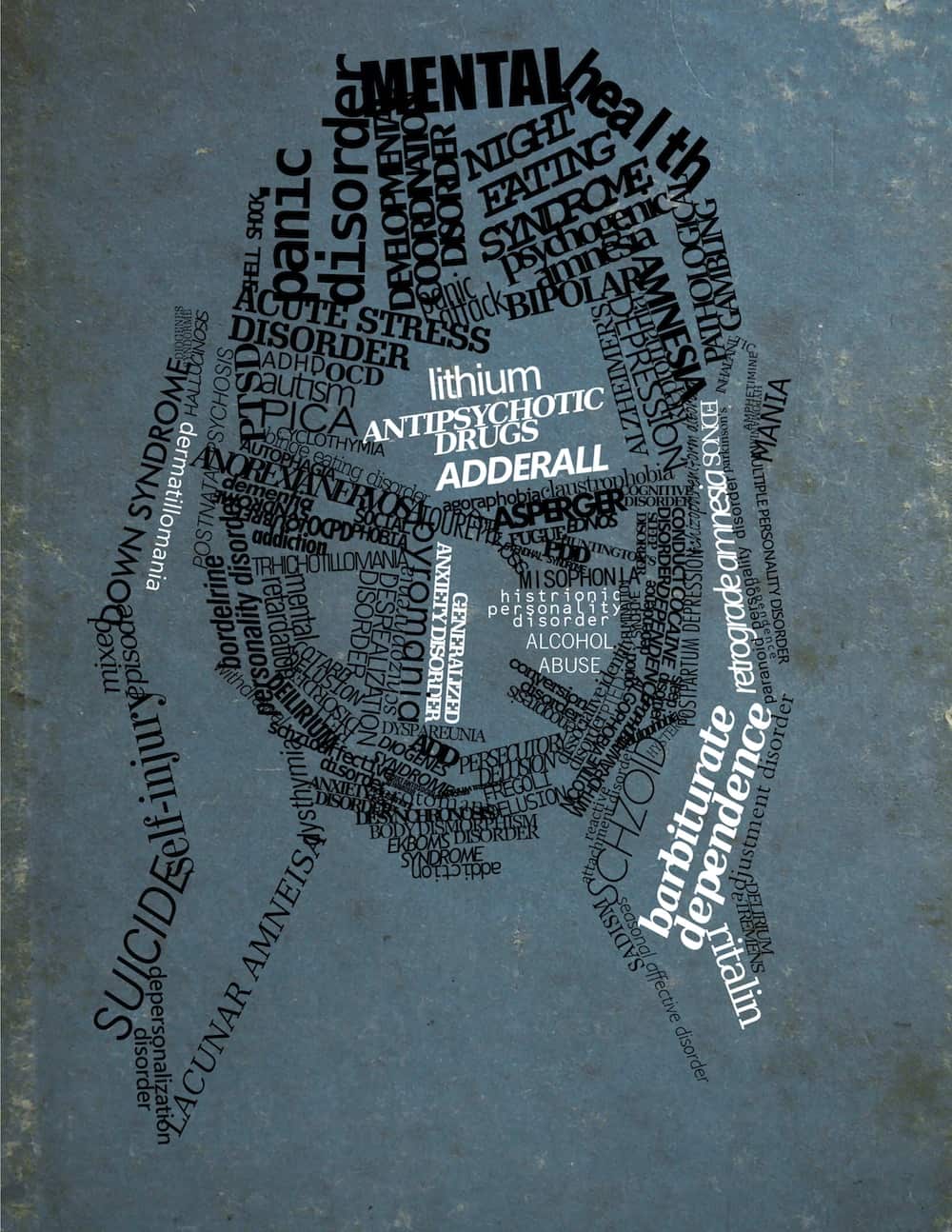Another midterm season is underway at U of T, as is evident from campus libraries on every corner filling with students. It might not immediately be natural to think or talk about this stressful time from a mental health perspective, but that perspective does bring questions: how all of us will stay well during the cycle of evaluation after evaluation? How do we deal with the academic, social, spiritual, and emotional problems that follow us throughout the year and during the remainder of our lives?

ERIC CHUNG/THE VARSITY
U of T’s Health and Wellness Services recognises this difficult time of the year by setting October as Mental Health Education Month to promote the steps we can take to improve our emotional and mental well-being. Geared towards the goal of creating a more mental-health aware and oriented student body, this campaign focuses on various interactive events that aim to help students ease stress and learn to cope with challenges that the average student faces.
This year, Mental Health Awareness Month at U of T is themed on the message “Build On Your Strengths.”
“This is a ‘positive psychology’ way to talk about mental health, and is well-researched. It focuses on strengths, skills, and assets that students (and all people) already have, such as resiliency, support from friends and family, and strategies to manage stress,” says Dan Johnson, a community health coordinator with Health & Wellness. A major event this year will be an Unplugged Hour, which will occur on October 10 from 12 pm to 1 pm. During this event, which is similar to Earth Hour, participants will change up their routine by “unplugging” from cellphones, laptops, and social media. This event will encourage students to seek alternative modes of stress relief such as yoga, person-to-person interaction, reading, and socialization.
Some additional events and campaigns that may be worth checking out this month include the New College Mental Health Awareness Fair, as well as a $5 healthy brunch at Hart House on October 27, which will focus on the role food plays in mental health and services that are accessible to students. As well, an October 22 showing of The Happy Movie will provide students with a look at this widely sought-after emotion; the showing will occur at Victoria College’s Goldring Centre from 4:30 pm to 7:30 pm.
But how exactly do we define mental health? When gauging our personal mental health, the Canadian Mental Health Association (CMHA) has recommended that we look at ourselves in the light of positive psychology and ask: can I bounce back from a difficult life situation and move forward without losing optimism in the process? Can I still enjoy life in the moment and still juggle my priorities without worrying about the things I can’t change? Can I feel and express a range of emotions and adapt to solve any problems associated with them? The definition of mental health is beginning to take a more holistic approach, according to CMHA, that views excellent mental health less as the absence of a disorder and more as a psychological and behavioural evaluation of the whole person.
To place issues of mental health into perspective: a 2012 Canadian Community Health Survey on mental health conducted by Statistics Canada reported that youth between the ages of 15 to 24 had the highest prevalence of anxiety and mood disorders, and substance-abuse-related problems. The same survey revealed that approximately 2.8 million people, or 10.1 per cent of the population aged 15 or older, have experienced at least one symptom of a mental or substance-abuse disorder.


